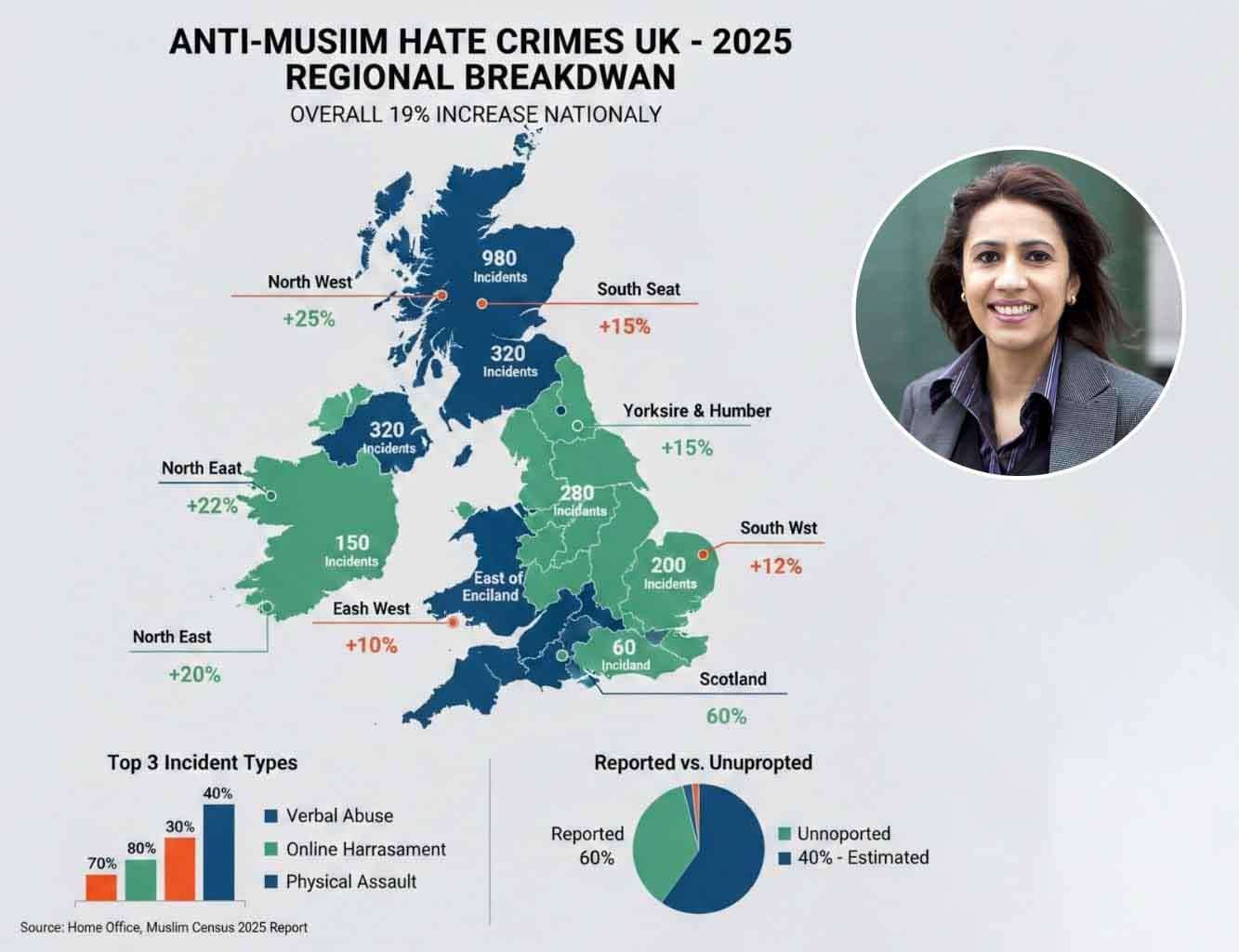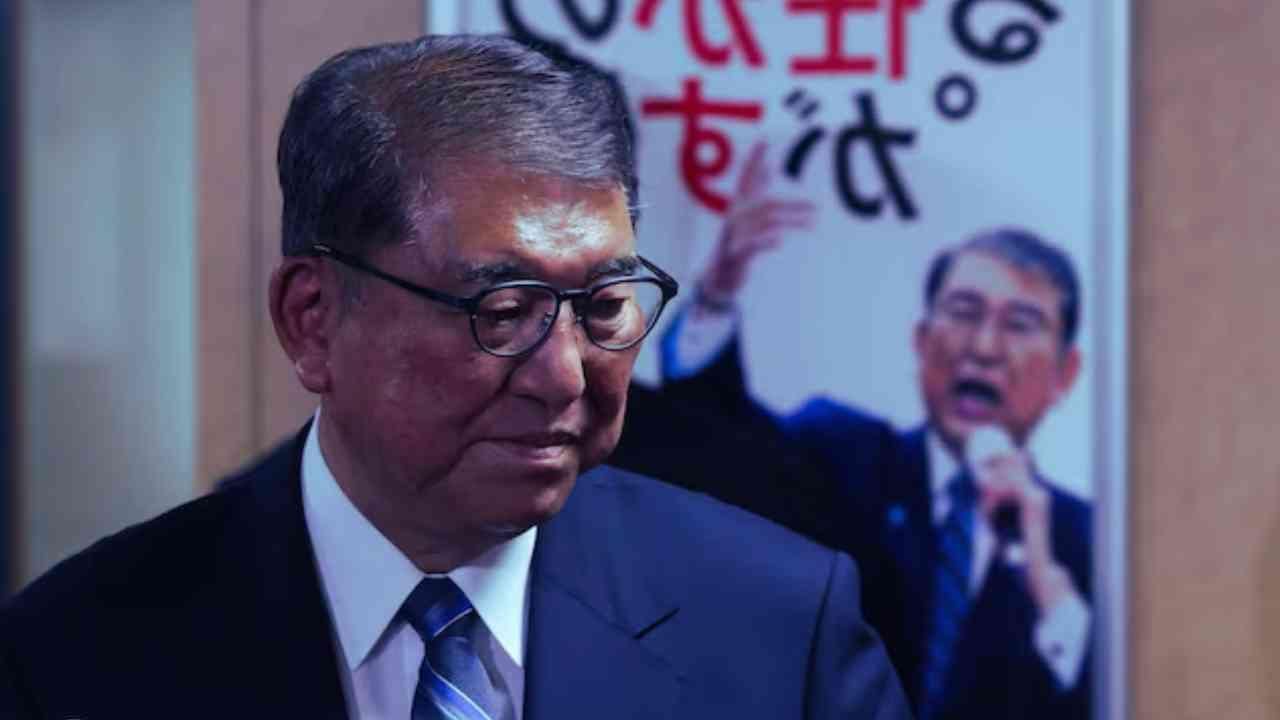Japanese Prime Minister Shigeru Ishiba resigned on Sunday, opening the door to a period of political and policy uncertainty for the world’s fourth-largest economy.
The 68-year-old leader, who recently concluded a trade deal with the United States to ease Donald Trump’s tariffs, said he must take responsibility for a string of election defeats suffered by his ruling coalition.
Since taking office less than a year ago, Ishiba has presided over losses in both houses of parliament, driven largely by public frustration over soaring living costs. At a press conference, he confirmed that the Liberal Democratic Party (LDP) will hold an emergency leadership contest, during which he will remain in office.
“With the trade pact signed and a major hurdle cleared, I believe it is time to pass the baton to the next generation,” Ishiba said, visibly emotional.
Possible Successors: Koizumi and Takaichi
Among the frontrunners to succeed him are farm minister Shinjiro Koizumi, a rising political star, and veteran Sanae Takaichi, who favors expansionary fiscal policies and has criticized the Bank of Japan’s interest rate hikes. Ishiba narrowly defeated Takaichi in last year’s leadership runoff.
Analysts say Takaichi’s stance on looser policy could unsettle financial markets, while Koizumi is expected to maintain continuity.
Market Reaction
Ishiba’s resignation has already rattled markets. The yen and Japanese government bonds sold off last week, with 30-year bond yields hitting record highs. Analysts warn of further volatility as investors factor in the risks of leadership change and the possibility of an early general election.
Although the LDP remains Japan’s largest political force, its loss of parliamentary majorities means a new leader might call a snap election to secure legitimacy. Meanwhile, the far-right Sanseito party has gained momentum, adding to political unpredictability.
A Short-Lived Premiership
Ishiba, who finally secured leadership last September after four failed attempts, ends his tenure having sealed a $550 billion trade agreement with the U.S. The pact reduced tariffs but came after Trump’s auto-sector duties forced Japan to downgrade its growth forecast.
He urged his successor to ensure the deal is fully implemented, to deliver wage gains, and to address Japan’s increasingly precarious security environment, especially amid closer ties between China, Russia, and North Korea.
Business and Public Expectations
Keidanren, Japan’s most influential business lobby, pressed for swift action, saying the nation cannot afford delays in policymaking. Voters, too, are calling for stability.
“With tariffs and diplomacy in such a delicate state, the next prime minister must manage these challenges effectively,” said Maki Utsuno, a 48-year-old researcher in Tokyo.








.svg)


